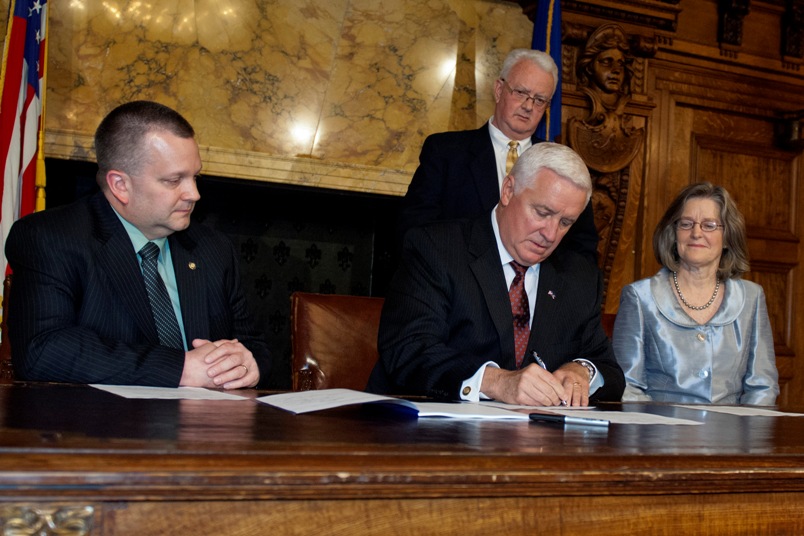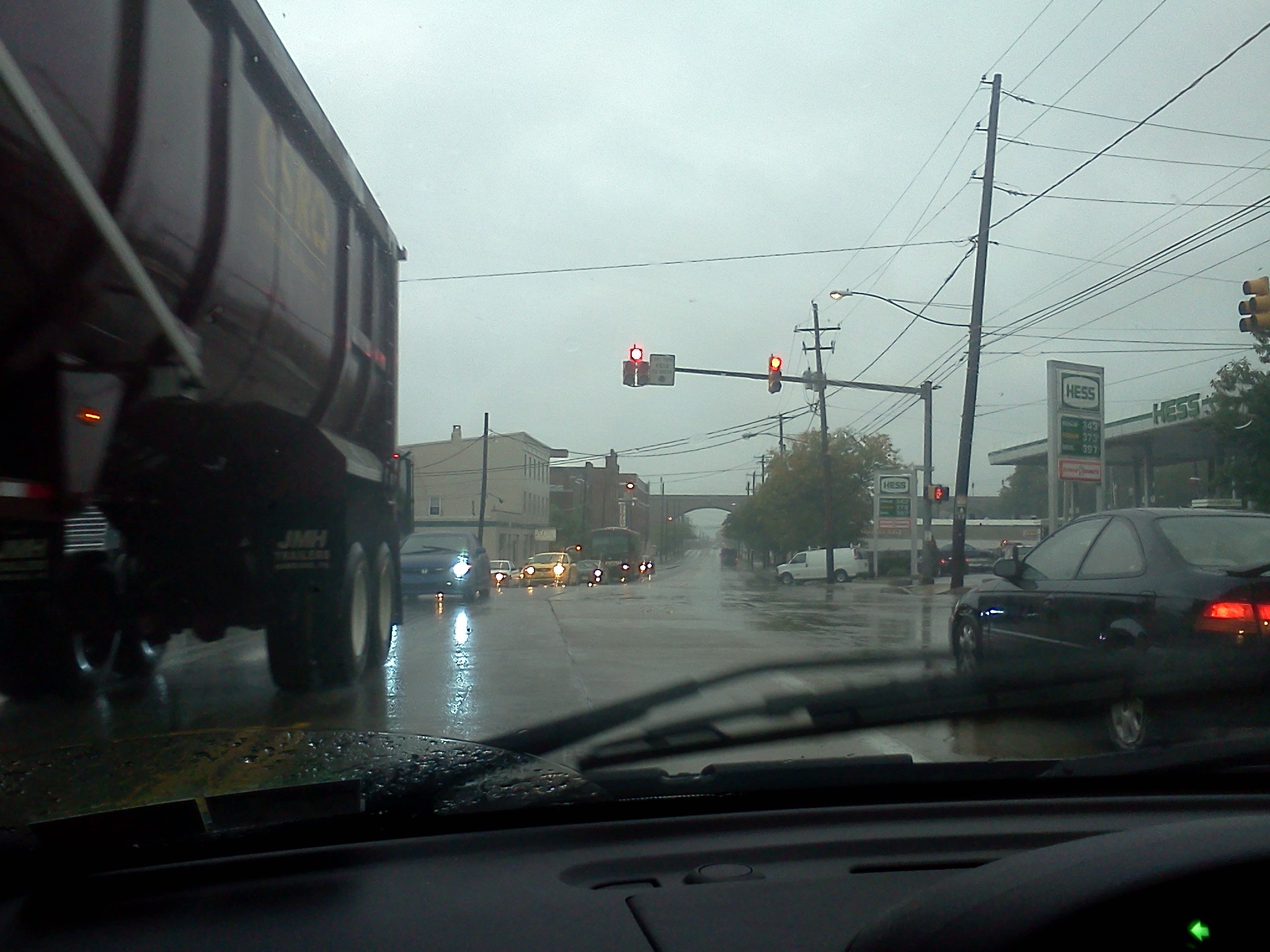The Department of Public Welfare will reinstate a food stamp asset test on May 1st. “It will help to ensure that individuals will first deplete all readily available resources before relying solely on public assistance, and as a result preserve the benefit for those who have no other additional means or resources,” explains DPW spokeswoman Carey Miller.
But the testimony received by the House Human Services Committee focused largely on the negative effects that some foresee for Pennsylvania’s most vulnerable citizens. “SNAP benefits are good for needy families and they’re good for the economy,” says Louise Hayes from Community Legal Services. SNAP refers to the Supplemental Nutrition Assistance Program, which is commonly referred to as food stamps.
Hayes believes more government red tape will lead to more needy families without the help they need to afford food.
Following Thursday’s capitol hearing, opponents of the food stamp asset test delivered a petition with 10,000 signatures to Governor Tom Corbett’s office. They say the new policy won’t save the commonwealth any money because food stamps are funded by the federal government, while state government shares the cost of administering the program.
When Pennsylvania last had an asset test in 2008, the limits were $2,000 for households under the age of 60, and $3,250 for households with older or disabled individuals. The asset test that’s set to take effect in May would increase those thresholds to $5,500 and $9,000 respectively.
Assets subject to the test will include: cash, checking and savings accounts, as well as stocks, bonds and savings certificates. Assets exempt from the test will include: homes, primary vehicles, educational savings accounts and all retirement plans.
“This change is only expected to affect less than 1% of Pennsylvania’s population who are currently receiving the food stamp benefit,” Miller says. As of December 2011, there were more than 1.8-million Pennsylvanians enrolled in the SNAP program.









